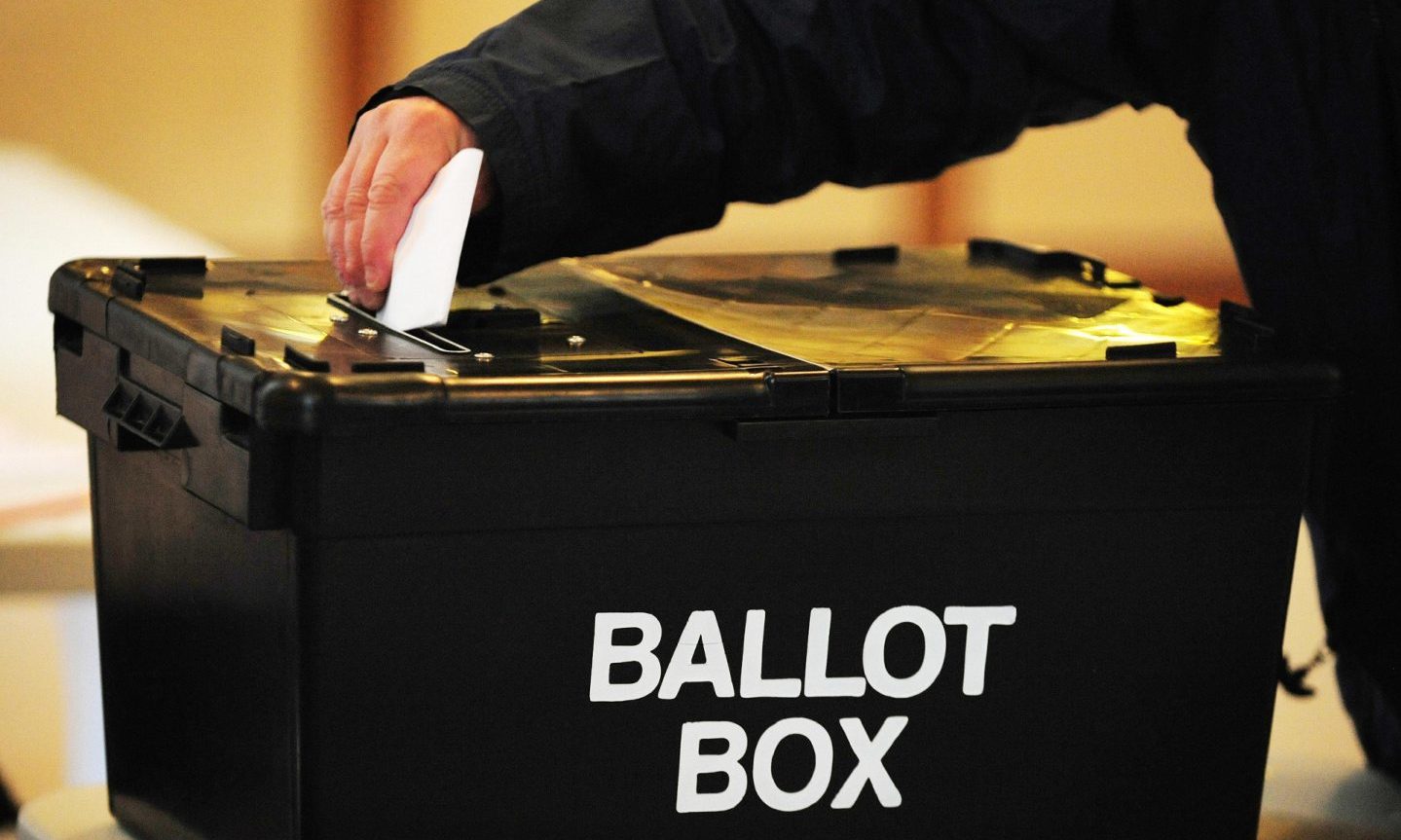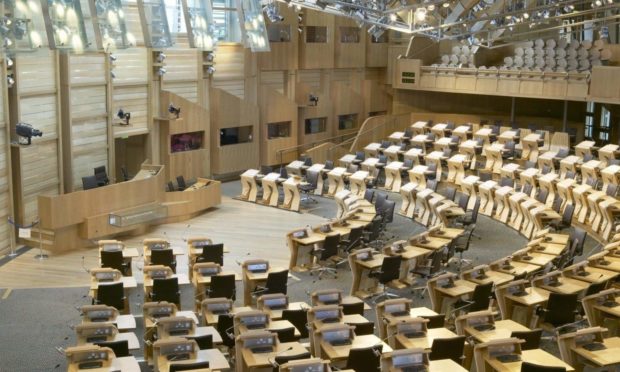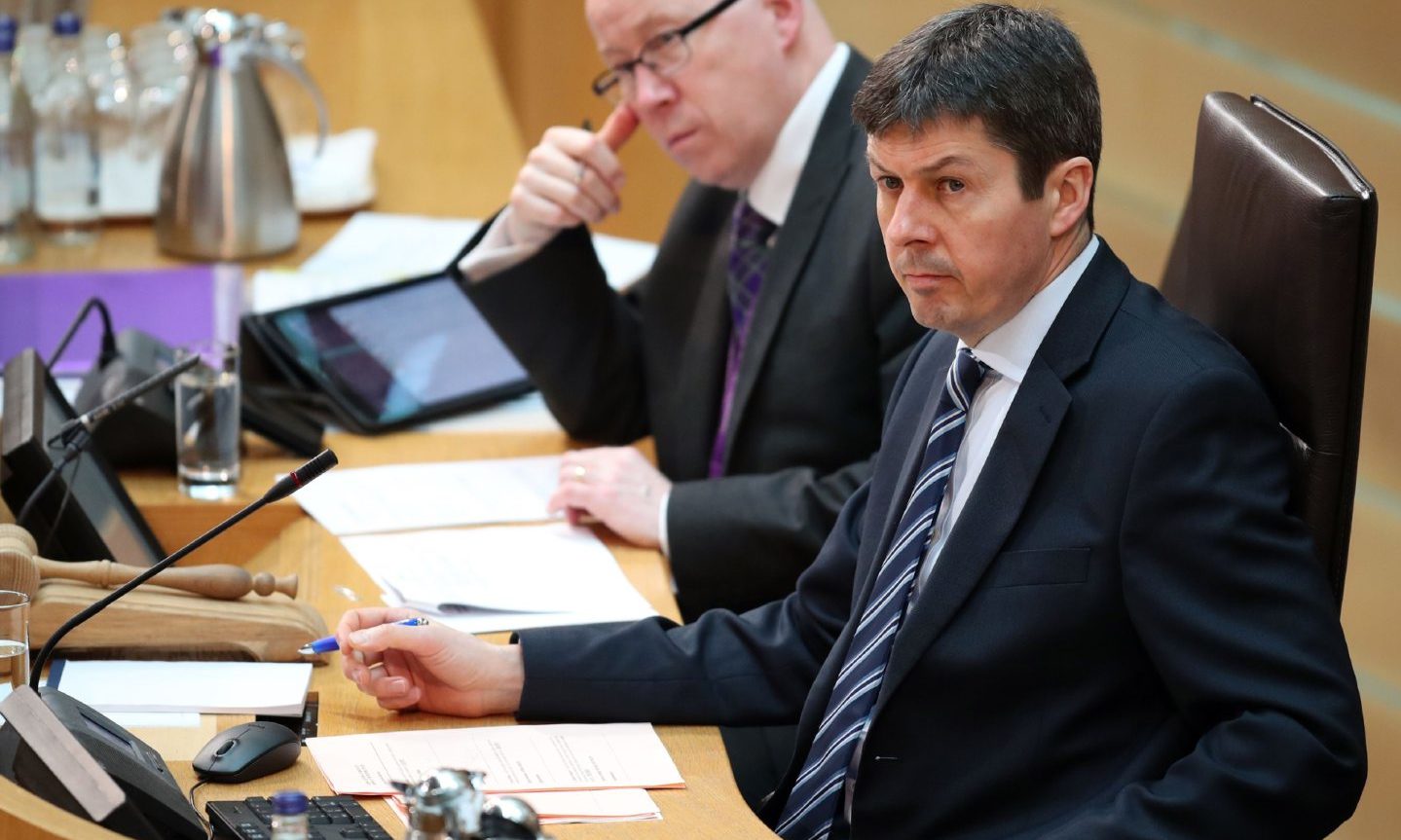It’s official: Scottish politicians don’t have to answer constituents’ questions on political issues.
With so much focus on perceived Ministerial Code transgression by leading politicians, I couldn’t help but examine the code of conduct for regional MSPs in the Scottish parliament.
During a Holyrood parliamentary debate, my regional MSP accused other politicians of hypocrisy. Given the way he voted, it evidently contradicted his own recognised stance on the issue.
I wrote asking him to illuminate his reasoning behind the way he voted. Despite reminders, he didn’t reply. Feeling a little aggrieved by his stonewalling, I looked up the expected conduct for regional MSPs.
Under section 8.6, “engaging with constituents”, it reads: “Regional MSPs are expected to deal with any matter raised by any constituent within their region (unless they have a legitimate reason for not doing so).”
‘MSPs are not required to provide an explanation to their constituents’
I never received a “legitimate reason” so, without mentioning the topic, I embarked upon the formal complaint process. I wrote to the then Scottish Parliament Presiding Officer, Ken Macintosh, stating that I simply wanted to know my MSP’s reason for voting the way he did on a specific issue.
Macintosh replied, saying that my request didn’t qualify.
“While you are of course entitled to make your views known to Mr […] on his voting record, this is essentially a political matter and does not therefore fall within the matters covered in the Code of Conduct,” he wrote.
So, a “political matter” does not come under “any matter”? And here’s me thinking that political matters are the raison d’être of politicians.
“Rules” apart, my MSP eschewed the basic and essential interaction between himself and a constituent in answering a question.
Macintosh’s successor, Alison Johnstone MSP, also ignored my “case” appeal and replied: “Votes in Parliament are a matter of conscience and political belief, and MSPs are accountable for them via the ballot box. MSPs are not required to provide an explanation to their constituents of why they voted in a particular way.”
Politicians should be held immediately accountable
Voting in parliament is a public enunciation, reflecting an ideological and/or pragmatic stance – but why should constituents be subjected to ivory tower escapism by politicians when they are simply asked to provide an explanation?
While I can appreciate the reluctance of MSPs to reply to many requests from the public to ascertain their viewpoints on a myriad of issues, when politicians vote in parliament it is a tangible action ending in legislative ramifications which affect both their constituents and the population beyond.
They should therefore be immediately accountable to provide a justification, as opposed to making citizens wait five years for the “ballot box”.

Subsequently, there is no provision in the code of conduct for the public to concern themselves with wider social wrongdoings. Instead we are restricted to “personal cases”.
MSP Code of Conduct reduces fear and criticism
The code was written by MSPs and for MSPs. It prompts groupthink solidarity amongst its members, limits their political responsibilities and activity, and reduces the fear of being quoted, which results in less criticism.
The romantic image of politicians standing up for what they believe in remains purely romantic
There is a long-standing public cynicism of politicians for their emphasis on career conservation and ambition, and the romantic image of politicians standing up for what they believe in remains purely romantic.
All the new MSPs who were recently elected to Holyrood need not fear any threat to their careers through controversial political statements to their constituents – they simply won’t send them. Just ask my regional MSP.
As Hannah Arendt once wrote: “Political questions are far too serious to be left to the politicians.”
John Mitchell is a retired engineer and political commentator


